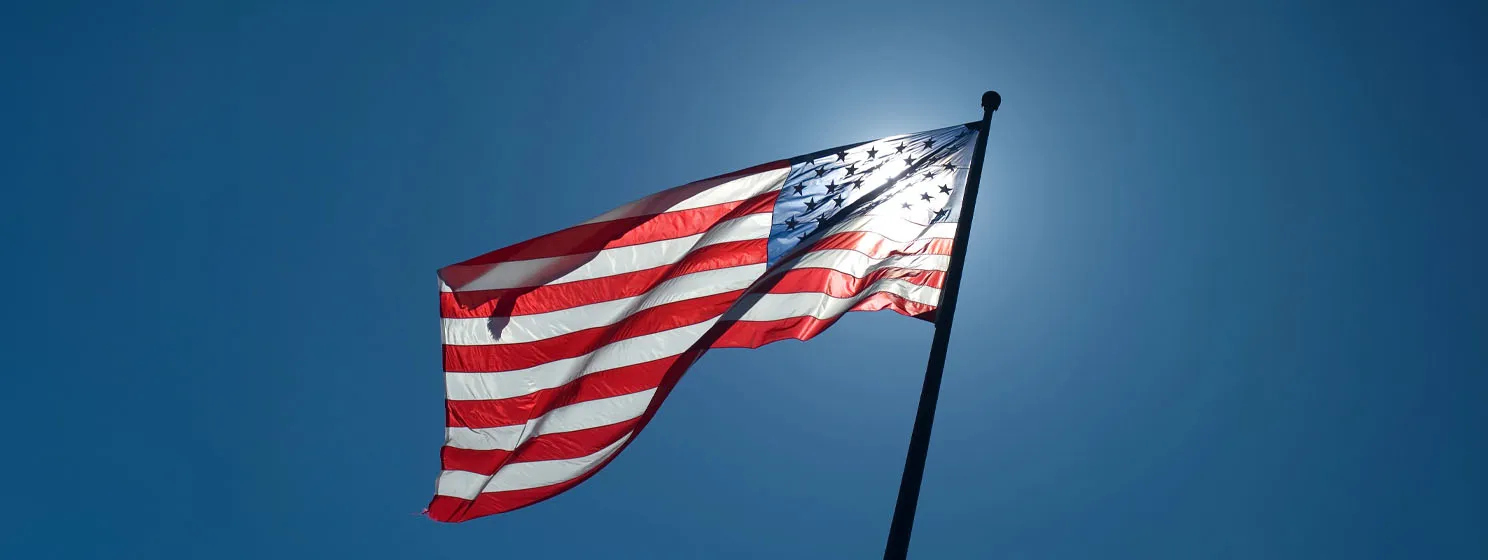|
Getting your Trinity Audio player ready...
|
The regulatory structure put in place a century ago covers the digital asset market today, the United States Commodity Futures Trading Commission (CFTC) says.
In a recent speech, CFTC’s Ian McGinley said the watchdog has enough tools and resources to crack down on digital asset crime and pledged to turn the heat on the “obvious threat” that is decentralized finance (DeFi).
CFTC treats digital asset derivative products the same way it treats cattle or soybean futures, McGinley stated. The former New York prosecutor, who now heads the agency’s enforcement division, was speaking at the PLI’s White Collar Crime conference in New York.
While he insisted that the existing regulations are enough to cover the digital asset commodities market, McGinley acknowledged the threat that emerging technologies, such as DeFi and digital asset exchanges, pose.
“The existence of unregulated DeFi exchanges is an obvious threat to the markets regulated and customers protected by the CFTC, and it is one we have taken very seriously,” he pointed out.
The CFTC requires regulated exchanges to follow a strict set of principles that address aspects such as customer asset segregation and risk management. These principles protect investors against losing their money. However, DeFi platforms don’t fall under this umbrella, posing a unique threat to the agency’s efforts to protect consumers, McGinley stated.
In recent times, the agency has started going after DeFi platforms. A week ago, the CFTC charged three such platforms for failing to register despite offering commodity transactions in digital assets. The three—ZeroEx, Opyn, and Deridex—settled with the regulator for a combined $550,000.
CFTC has charged other decentralized entities in the past, including digital asset prediction platform Polymarket and Ooki DAO, a decentralized autonomous organization (DAO) that the agency issued summons through a help chat box. Ooki DAO forked out $643,000 to settle with the watchdog, with a judge ruling that a DAO is considered “a person” under U.S. laws.
Not everyone is a fan of the CFTC’s approach. Coinbase (NASDAQ: COIN) CEO Brian Armstrong says that DeFi platforms and DEXes “are not financial service businesses, and it’s highly unlikely the Commodity Exchange Act even applies to them.” He called on these platforms to take the CFTC to court and argue their cases.
Watch: Why blockchain regulatory oversight is important

 08-31-2025
08-31-2025 





